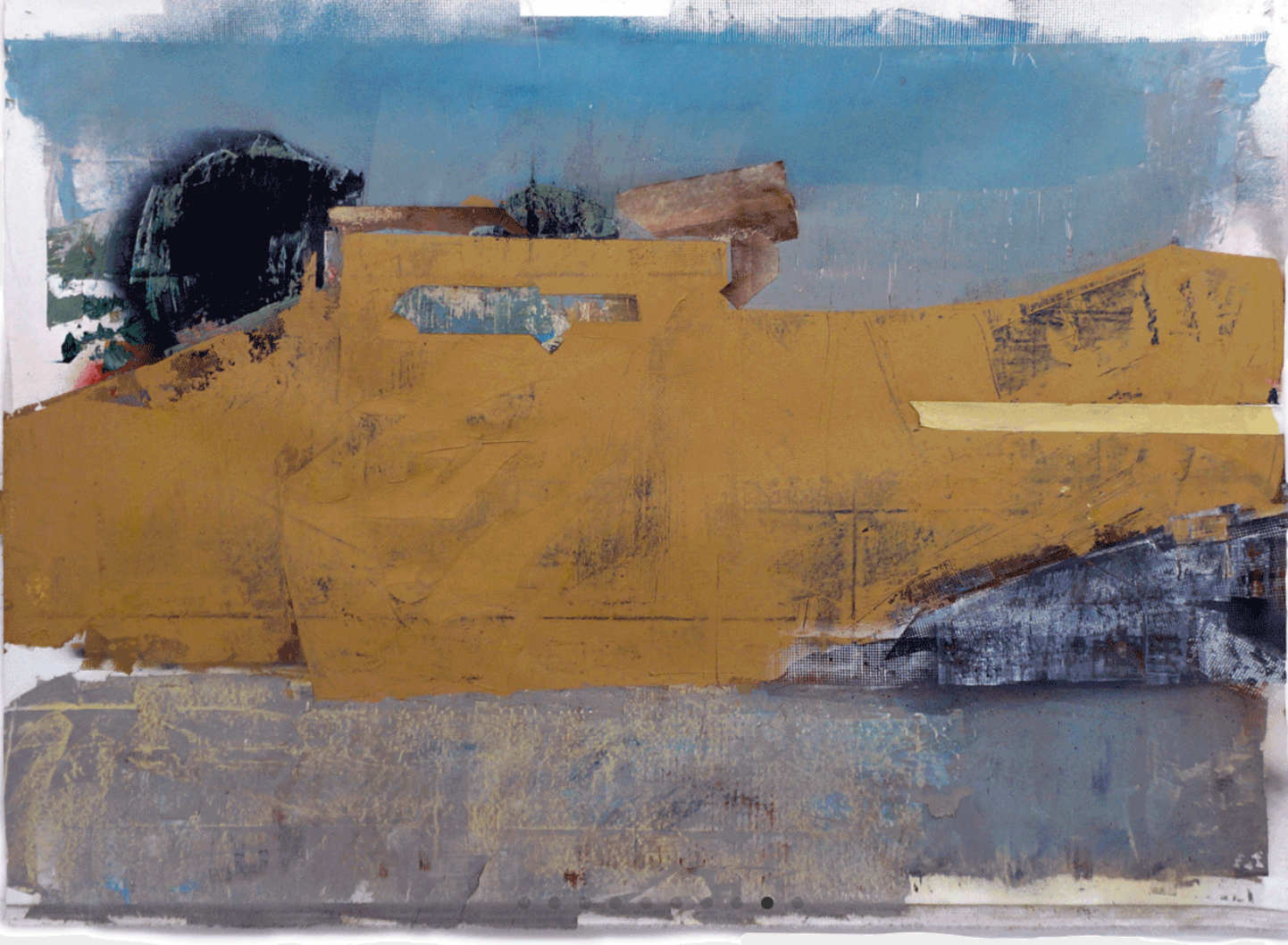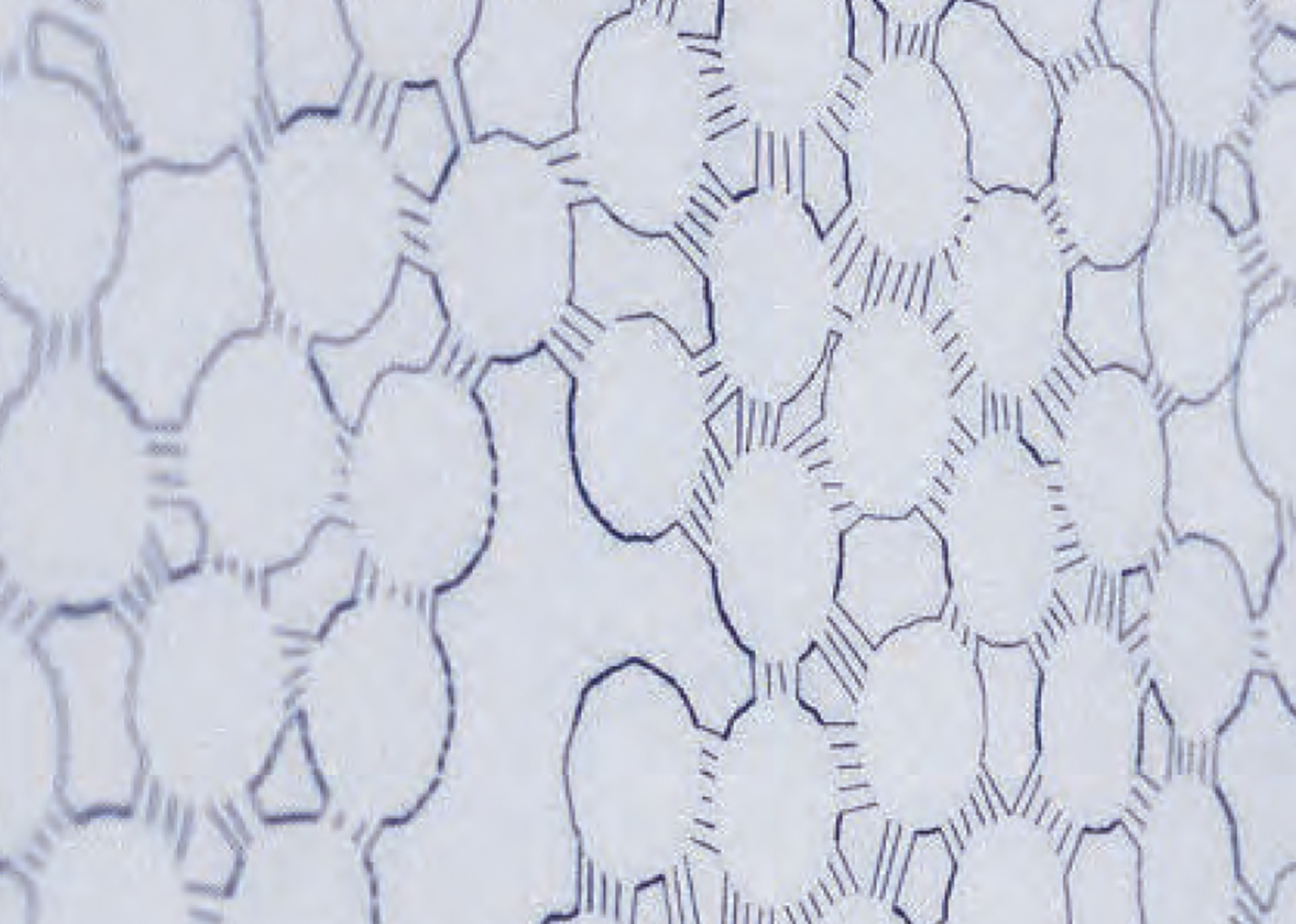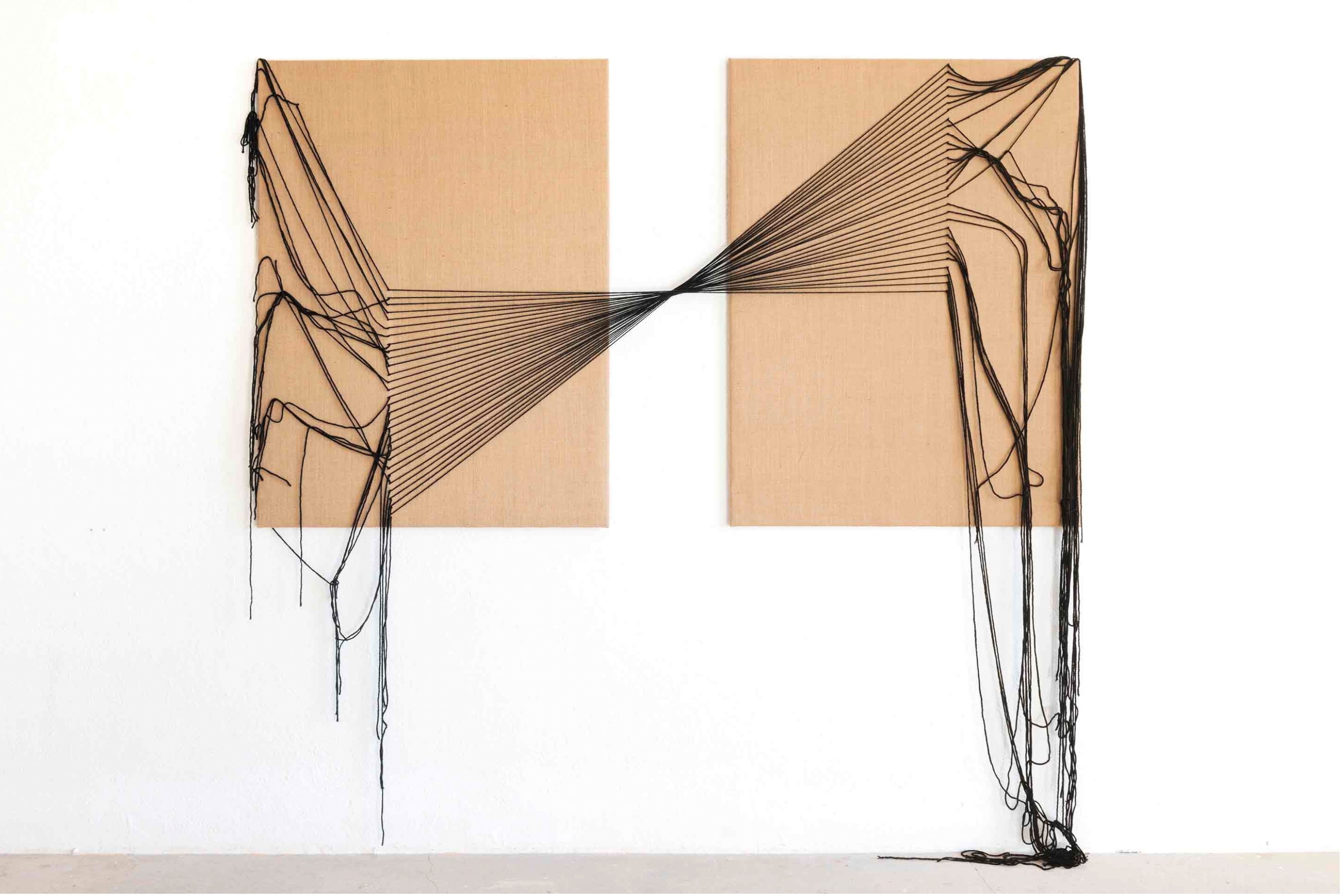What’s cooking? A re-arrangement
05.05.–14.05.2017
WHAT’s COOKING? Is a serial, curatorial experiment; a risk and an open, speculative, discursive 50-hour non-stop meeting that actively deals with current orders.
WHAT’S COOKING? sets origins in existing networks: after a collaborative, ritual start at hour 1, the assembly dissolves near hour 50 with the realization that “there is no seamless transition (…). To move from one order to another, you have to go through disorder” (Marcus Steinweg). Through permanent re-arranging at acute fracture points
WHAT’S COOKING warms and speculates on a heated round table – everything is negotiable. Canning is done through simultaneous production, presentation, speculation, and reflection. At the heart of every meeting is the cooking area, which gathers everyone around a common base: cooking, eating, meddling, canning!
As guest of Judit Villiger in the Haus zur Glocke, WHAT’S COOKING? challenges 13 artistic, activist, theoretical, curatorial, and scientific positions, as well as everyone spontaneously present to engage with the “thermal pathogen”, in order to drive forth, with “hospitality, table cooperative, bed and table manners, relationships to unknowns…” (Michel Serres), with the goal of driving collaborations and parasitic strategies, and actively decontextualizing determination. If relationships (even non-human ones) should be actively questioned, then the strategy of the parasitically resistant helps to escape a limiting and devastating anthropocentrism and to imagine transitions into a possibly utopian one: into the scenery of the “Chthulucene”. A life in the Chthulucene is decentralized and nomadic and manifests itself as tentacular-processual temporality that produces “myriads of names, genders and formations” (Donna Haraway). Embedded in such inconsistencies, the development of every WHATS COOKING? depends on an – emotional – involvement: “Affects only become invasive through infection. Affective communities are thus ephemeral and only stay together as long as their synchronous affectation continues. As a result, they break up again into singularities or individual milieus” (Mark Terkessidis). During the two-times-fifty hours of its presence, the parasite released in the Haus zur Glocke feeds on such collaborations.
![[Translate to English:] Christian Selig, Bodenarbeit, 2017 [Translate to English:] Christian Selig, Bodenarbeit, 2017](/fileadmin/_processed_/c/5/csm_170505-07_Was_wenn_Welt_Photo_c_Vadim_Kudelkin_Levin_159b24c455.jpg)
![[Translate to English:] Vadim Levin, erste 50-Std. nonstop Versammlung, 2017 [Translate to English:] Vadim Levin, erste 50-Std. nonstop Versammlung, 2017](/fileadmin/_processed_/2/1/csm_170505-07_Erste_50-Std.-Nonstop-Versammlung_mit_Yota_Tsotra_Christian_Selig_Maya_Minder_Jso_Maeder_Maria_Pomiansky_Daniela_Petrini_Tanja_Trampe_Judit_Villiger_Photo_c_Vadim_Kudelkin_Levin_b9672d9724.jpg)
![[Translate to English:] Maya Minder, Fermentation; im Vordergrund: Maria Pomiansky, Dokumentation des Experiments, 2017 [Translate to English:] Maya Minder, Fermentation; im Vordergrund: Maria Pomiansky, Dokumentation des Experiments, 2017](/fileadmin/_processed_/0/4/csm_170505-07_Fermentation_and_Documentation_Photo_c_Bettina_Diel_3c3796d6d9.jpg)
![[Translate to English:] Parasite Soup mit Jso Maeder, 2017 [Translate to English:] Parasite Soup mit Jso Maeder, 2017](/fileadmin/_processed_/b/8/csm_170505-07_Parasite_s_Soup_mit_Jso_Maeder_Photo_c_Vadim_Kudelkin_Levin_5840482a79.jpg)
![[Translate to English:] Mo Diener, Detox Dance, 2017 [Translate to English:] Mo Diener, Detox Dance, 2017](/fileadmin/_processed_/5/d/csm_170512-14_Detox_Dance_mit_Mo_Diener_und_RYSaK_Photo_c_data_81de925367.jpg)



